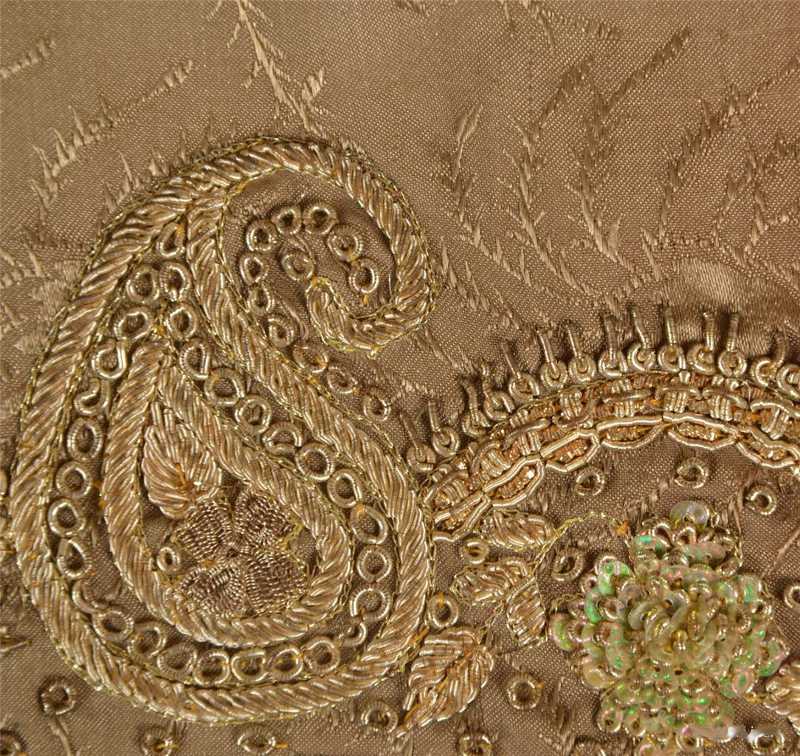===
0770,
3
===

=== |
 |
FWP:
SETS == EXCLAMATION; IZAFAT
MOTIFS== EYES; SPRINGTIME
NAMES
TERMS == WORDPLAYIt's a souped-up wordplay verse; it's the kind about which SRF has reminded us that wordplay is also meaning-play. At the heart of it is an izafat construction, 'flood of spring' [sail-e bahār]. This phrase could refer to:
=the garden in its springtime glory (since spring in its overwhelming power can be said to come like a 'flood')
=the autumnal garden as it loses its springtime glory (through the raining down of its flowers)
=the speaker's tears of blood (since they are red and rain down in an abundant flood)
In each case, the crucial interpretive hinge is 'now'. Once it was spring; now the speaker laments that it is not. Once flowers rained down as they withered; now only his tears rain down. Now his tears are all that's left of the spring garden.
But to give the kaleidoscope another turn, if now the lover's tears of blood themselves are the 'flood of spring', can't that also be read as a sign of vitality and hope for the future?